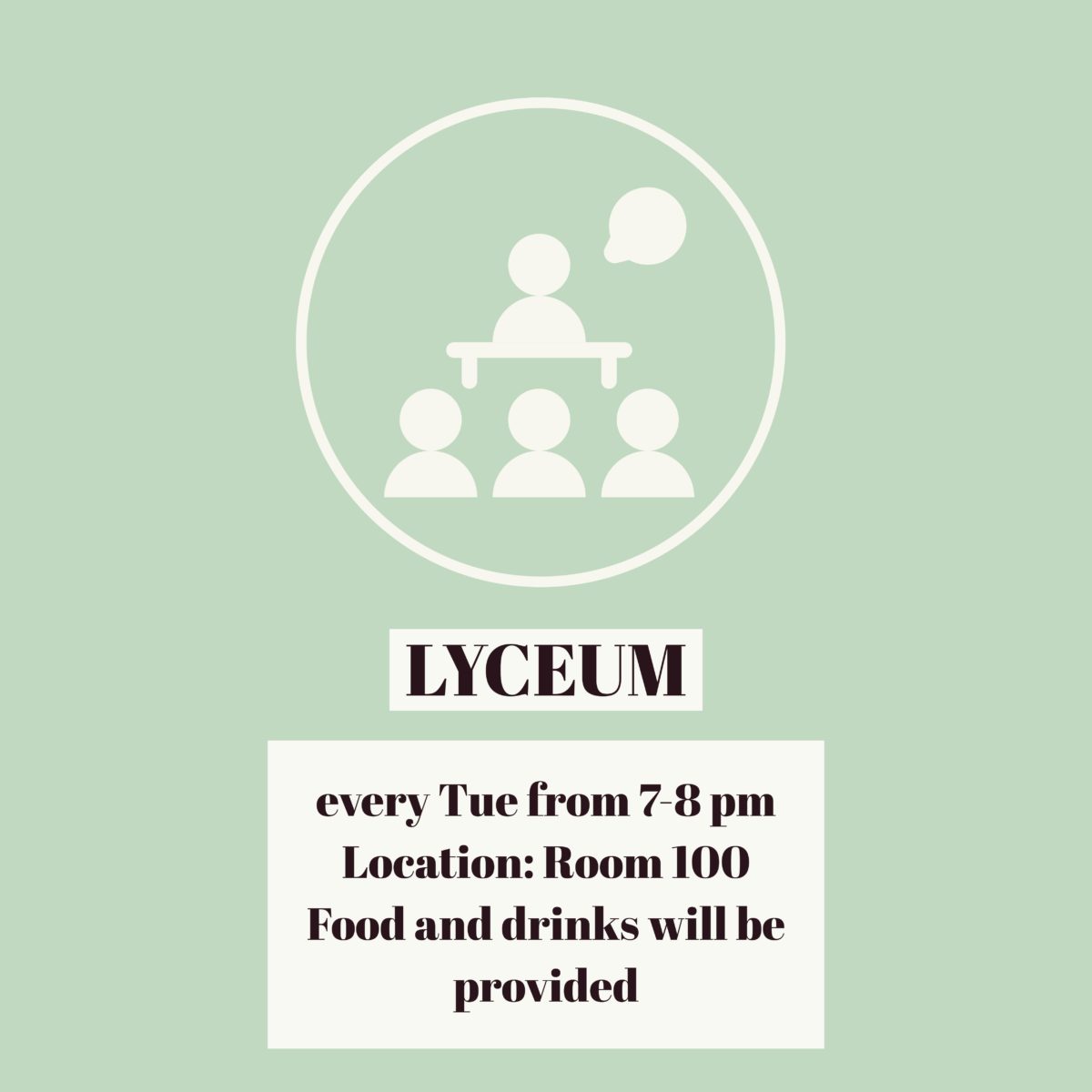
‘I’m so stressed!’: How to help yourself (and others!)
Monday, October 10th, 2022
As rewarding, exciting, and growth-inspiring as the College experience can be, sometimes stress and worry can feel like they’re overtaking even the most confident and organized among us. “Being busy” can be great … until it’s not.
Mahmood “Moh” Mohammad, PCA&D’s in-house counselor, has some ideas: Not only for how those of us who are stressed can find some ease, but also ways to help friends and others who feel like they’ve hit their limit. A graduate of Elizabethtown College, the Lancaster native earned his master’s degree in counseling and mental health from Villanova University and works as both a private counselor and the College’s in-house counselor for students.
“Most days, students have busy schedules going from classes, homework, activities, and tasks that need to be completed,” Mohammad notes. In observance of National Mental Health Day on Monday, Oct. 10, we asked him how we can recognize when we, or others, are stressed to an unhealthy degree; how to reduce that stress; and some ideas for preventing it from rearing its ugly head to begin with.
Common signs and unhealthy coping
How to know some common signs that stress is beginning to overtake you or a friend?
“Recognizing common signs of stress can help you understand the physical and emotional toll of stress, Mohammad says. “Some of the common physical signs of stress can include difficulty breathing, panic attacks, blurred eyesight or sore eyes, fatigue, muscle aches, headaches, chest pains, digestive issues, and sweating. Common emotional signs of stress can include emotional irregularities, being overwhelmed, easily triggered/angry, being unable to enjoy yourself, feeling down, uninterested in life, having a sense of dread, being worried/tense, and worsening existing mental health concerns.”
Sometimes, he says, that can lead to unhealthy ways of trying to cope with stress on our own: relying on substances, such as smoking, drinking, or using recreational drugs. “While recreational substances can offer immediate or short-term relief … it is only temporary,” he says, cautioning “and it can result in feeling more stressed.
“Other unhealthy coping strategies can include overspending, irregular eating habits, dismissing stressors such as schoolwork, roommate problems, or family problems, and procrastinating with social media, streaming services, or video games.
Step back
We all know how it feels: “In this moment, I am SO stressed!! What can I do to help myself right now?”
It sounds counterintuitive, Mohammad says, but it works: “The best thing you can do at the moment is to step back and take a break. … When you become overwhelmed by your routine … replenish your physical and emotional health by taking a walk, drinking water, and chatting with a friend.”

Reaching out to PCA&D resources
Everyone experiences stress in their own way, and it can look different for every person. However, Mohammad says, “students should consider reaching out for help once the stress begins to impact their day-to-day lives: having a hard time getting out of bed, being late to classes, and/or worsening existing mental health concerns.”
There are resources for PCA&D students to seek and find help, Mohammad says. Consider reaching out to your instructor or professor to help you manage your homework stress. It can include asking for further assistance or additional time to complete your project. Another resource is Maria Provencher, Dean of Students, who can share available resources such as drop-in counseling hours. PCA&D also sponsors a weekly support group, for students, Lyceum, which meets Tuesday evenings at 7 pm in Room 100. There, participants discuss topics such as stress, mindfulness, and managing college stress. Student Life also sponsors Ustudio programs and other mental health supports.
Helping others
Wondering how friends who are in school with you can offer support?
“Friends,” Mohammad says, “are part of any college student’s support system. Therefore, there are ways in which you can support a friend in need. It can include:
- Choosing your words carefully: For example, say “I’m here for you,” “I’m sorry to hear you feel stressed, how can I help?” and “things can get better.”
- Making life a little easier for your friend: offering them some water, bringing your friend a nourishing meal, and getting them to go on a walk with you.
- Have some fun! Laughing and having fun can help decrease physical and emotional stress in the body by releasing endorphins to counteract the negative effects of stress
- Keeping an eye on your friend. Most stress episodes resolve themselves, but they can also trigger or indicate a bigger issue. If you find yourself in this predicament, encourage your friend to seek help.
To help a long-distance friend deal with stressful situations consider checking in on them periodically and letting them know you are here to support them. “One of my personal favorite ways to help long-distance friends is to send them a funny picture/meme and FaceTime them when it is appropriate” Mohammad suggests. “You can also send them a gift (hopefully a practical gift) to lighten their mood. Finally, make a plan to visit your friend.”
